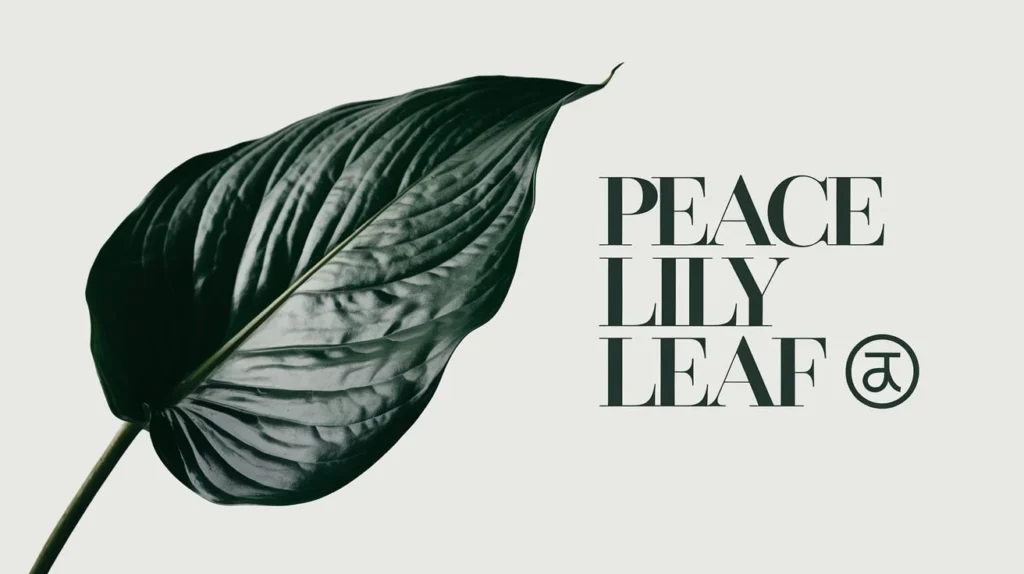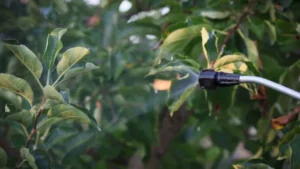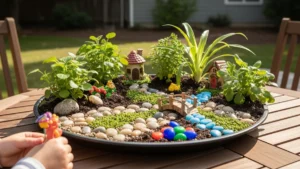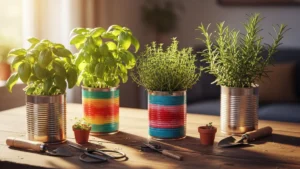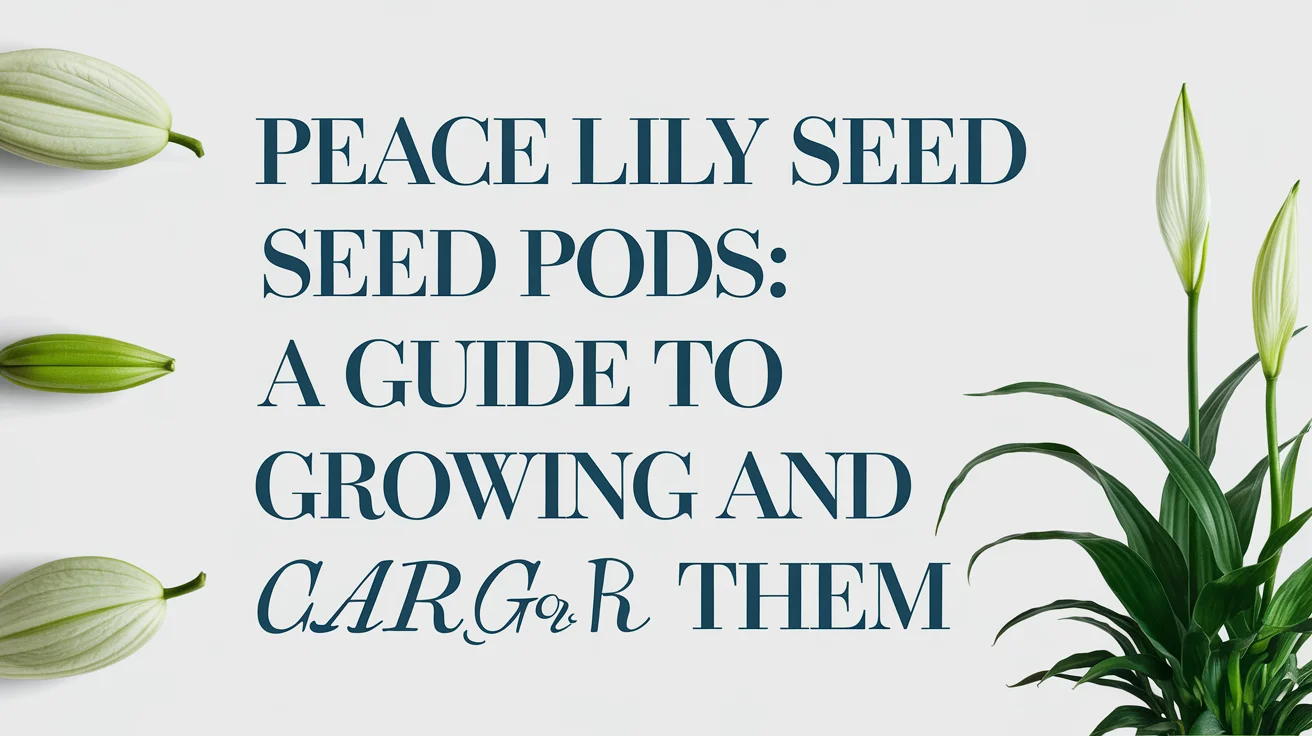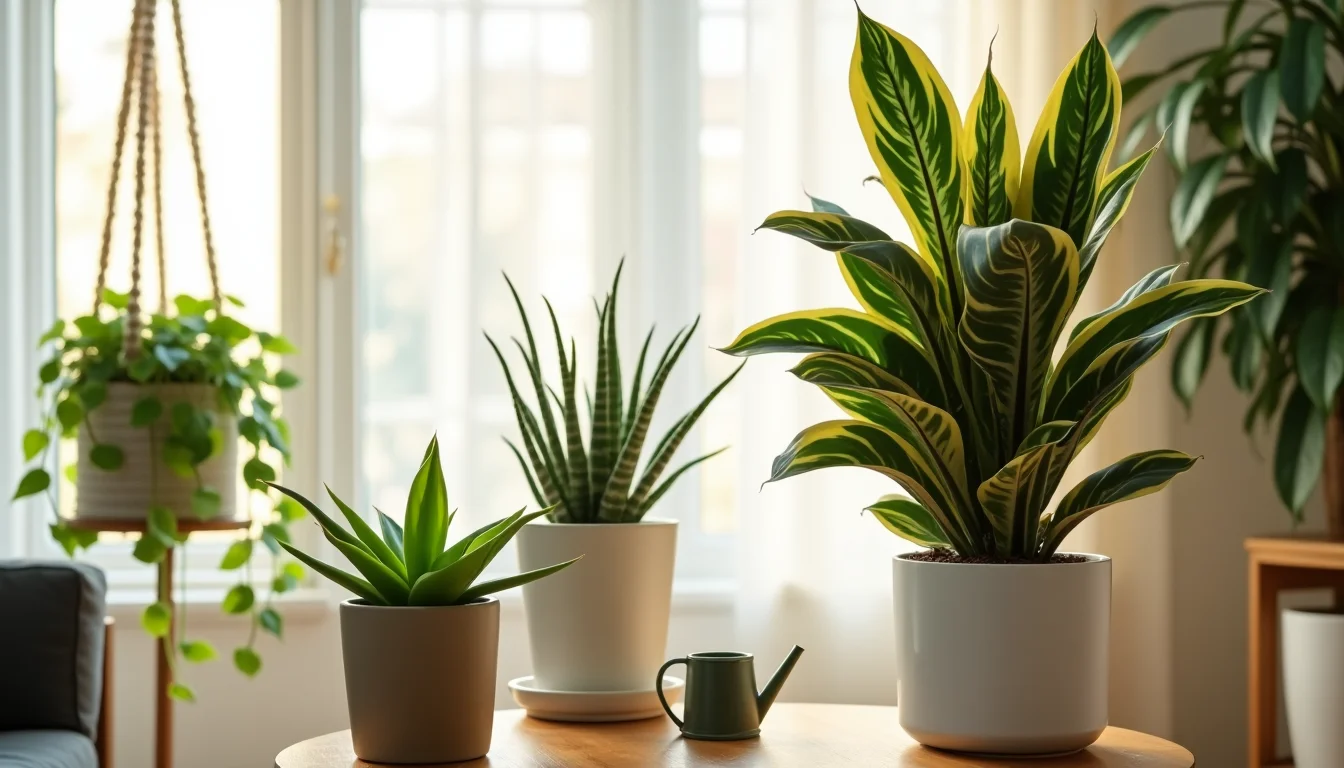The peace lily leaf is one of the most distinctive and attractive features of the Spathiphyllum plant, making it a favorite among indoor gardeners. With its lush, glossy green leaves and elegant form, the peace lily leaf plays a crucial role not only in the plant’s aesthetic appeal but also in its overall health. In this article, we will dive deep into the characteristics of the peace lily leaf, its care requirements, and how to address common issues to ensure your plant thrives.
Knowing the Peace Lily Leaf: Its Features and Functions 🍃
The peace lily leaf is largely ovate in shape with an extended tip that is always acute. The peace lily leaf has a smooth texture with a gloss that adds to its attractiveness. The leaves are normally deep green, which enhances the white flowers of the plant. It is attached along the base of the plant and gives the plant a nice tropical look that can even be perfect for indoor plants.
Aside from its attractiveness, the peace lily leaf has other functions for the plant. It is involved in photosynthesis, which entails the conversion of light energy into chemical energy in this case for the plant. The expansion of the leaves promotes the harnessing of as much light as possible, which is necessary for the plant’s growth and health. Other than that, the leaves also assist in a process called transpiration, which helps control the amount of water a plant takes in as well as the temperature of the plant.
Peace Lily Leaf Care: Top Things You Should Know 🌱
Light Requirements ☀️
Every plant has light preferences that, if adhered to, can help in sustaining a beautiful and healthy peace lily leaf. Low to medium indirect light is preferable for peace lilies since the leaves may scorch and lose their glossy status when exposed to direct sunlight. It is advisable to keep the plant next to a north or east facing window since it gives sufficient warmth to the peace lily without damaging the leaves.
Watering and Humidity 💧
The leaves of this peace lily are sensitive. They would wither from underwatering and also from overwatering. If these leaves are to remain healthy and luxuriant, one will need to water the peace lily once the top inch of the soil feels dry. Water the houseplant regularly. But, overwatering will rot the roots. This causes yellowing and wilting leaves. It is also important to be sure that the pot of the plant contains some drainage facilities so that the water does not pool at the bottom.
Apart from the above, the leaves of the peace lily grow well where there is sufficient water. In winter, the dry air in the house harms the plant. To boost humidity, mist its leaves often or place the pot in a tray of water and pebbles.
Soil and Nutrients 🌿
This is also dependent on the kind of soil and nutrients the peace lily leaf will absorb. The bloom of a peace lily grows best in an organic soil-less potting mix that drains well. Provide the necessary feed to your peace lily after 6-8 weeks during the growing period of the seasons with an all-purpose soluble fertilizer. These are the steps needed to help keep the leaves green and glossy.
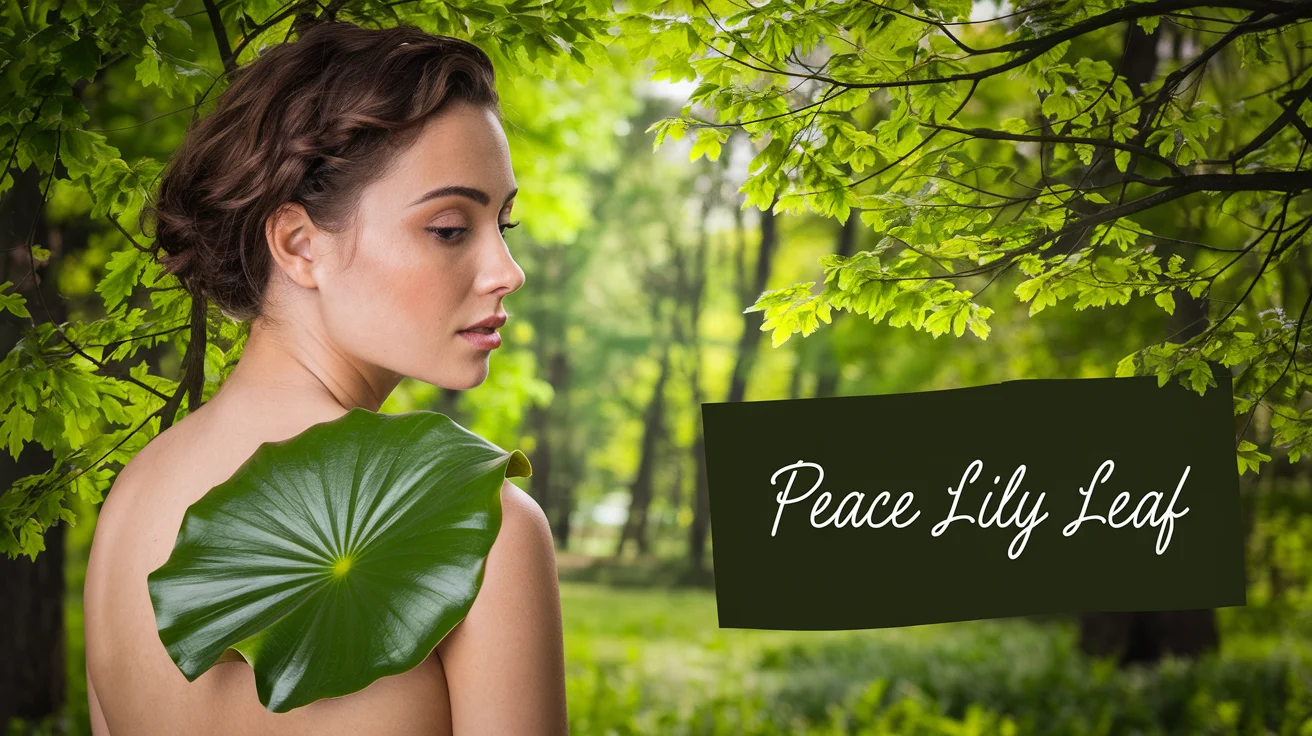
Resetting of the Shaping and Cleaning ✂️
It is important to allow for regular pruning if you are to keep the appearance of the peace lily leaves for a long term. Cut away all yellowing or damaged leaves to promote new leaves and to ensure the plant is in good shape. Moreover, the leaves should be wiped with a wet cloth to remove dust so that light can penetrate and photosynthesis is performed effectively.
Common Issues and Solutions of the Peace Lily Leaf 🩺
Leaves are turning yellow. 🍂
Yellowing of the peace lily leaves is a common problem, and several causes may be responsible, including overwatering, underwatering, or overexposure to sunlight. In any case, if you see your peace lily leaves becoming yellow, it is appropriate to use the moisture meter to check the moisture levels in the soil and amend your watering program. In case it is overexposed, it should be placed in an area with partial or no sunlight exposure.
Leaf-tip browning 🌿
Browning or yellowing of the leaf tips for peace lily is common and it often indicates low humidity in the room or not watering the plant regularly. Increase humidity in the area surrounding the plant by spraying the leaves or using a humidifier. Start giving the plants the watering they require, keeping the temperature comfortable. Ensure you are still allowing the top inch of the soil to dry up completely before the next watering.
Wilting Leaves 🍃
The defect of wilting leaves in peace lilies can mean that the plant is either under-watered or over-watered. In case any moisture is felt within the soil, then it’s advisable to completely immerse the plant in water. Conversely, if the soil is wet, then it is over-watered, and in this case, allow the soil to completely dry before watering again.
The importance of the peace lily leaf – Comprises all the benefits of the healthy peace lily leaves. 🌿💚
Not only do healthy peace lily leaves look great, but they also reveal the condition of the plant. The leaves are important in the practice of photosynthesis, nutrient uptake, and other internal activities of the plant. If you take care of the smooth-edged peace lily leaves, they will be beneficial to the plant later on.

Conclusion:
The peace lily leaf is not just for show but serves an important function in the plant’s general well-being. This does not mean your peace lily will stay pretty. Even flowering plants need some care, like light, water, humidity, and nutrients. If dealt with in time, issues like yellowing or wilting leaves can help keep peace lilies healthy. This allows for years of enjoyment from their beauty.
Whether you are an expert gardener or a novice, looking after the peace lily leaves is fulfilling and adds to the beauty of your indoor environment. Relish the uncomplicated and beautiful tropical plant and allow the lovely green leaves to beautify your house.

